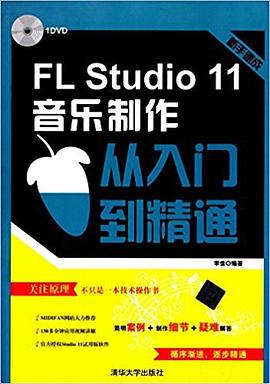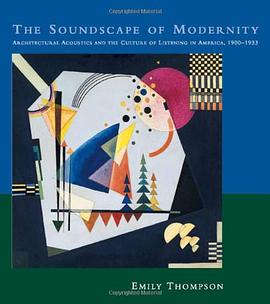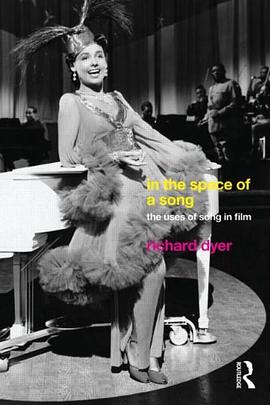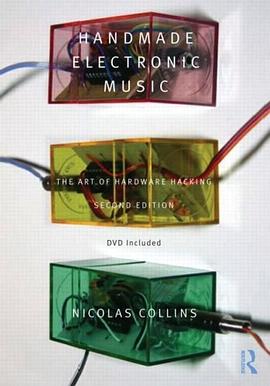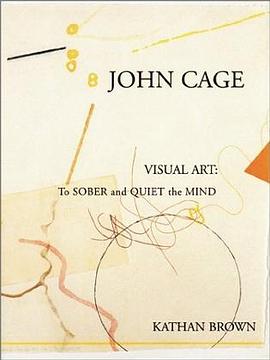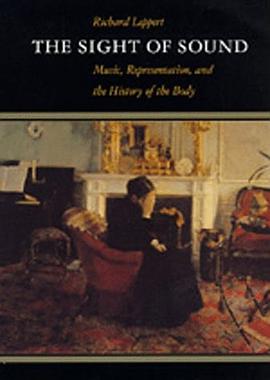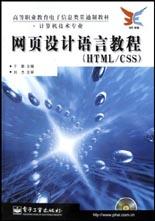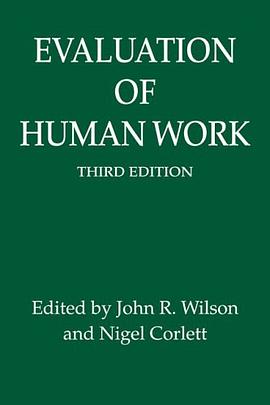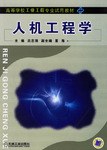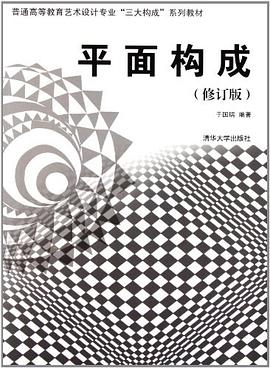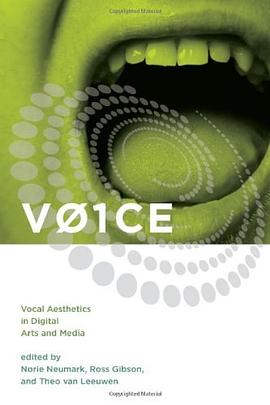

具體描述
Voice has returned to both theoretical and artistic agendas. In the digital era, techniques and technologies of voice have provoked insistent questioning of the distinction between the human voice and the voice of the machine, between genuine and synthetic affect, between the uniqueness of an individual voice and the social and cultural forces that shape it. This volume offers interdisciplinary perspectives on these topics from history, philosophy, cultural theory, film, dance, poetry, media arts, and computer games. Many chapters demonstrate Lewis Mumford's idea of the "cultural preparation" that precedes technological innovation--that socially important new technologies are foreshadowed in philosophy, the arts, and everyday pastimes. Chapters cover such technologies as voice mail, podcasting, and digital approximations of the human voice. A number of authors explore the performance, performativity, and authenticity [(or 'authenticity effect') of voice in dance, poetry, film, and media arts]; while others examine more immaterial concerns--the voice's often-invoked magical powers, the ghostliness of disembodied voices, and posthuman vocalization. [The chapters evoke an often paradoxical reassertion of the human in the use of voice in mainstream media including recorded music, films, and computer games.ContributorsMark Amerika, Isabelle Arvers, Giselle Beiguelman, Philip Brophy, Ross Gibson, Brandon LaBelle, Thomas Levin, Helen Macallan, Virginia Madsen, Meredith Morse, Norie Neumark, Andrew Plain, John Potts, Theresa M. Senft,Nermin Saybasili, Amanda Stewart, Axel Stockburger, Michael Taussig, Martin Thomas, Theo van Leeuwen, Mark Wood
著者簡介
圖書目錄
讀後感
評分
評分
評分
評分
用戶評價
相關圖書
本站所有內容均為互聯網搜索引擎提供的公開搜索信息,本站不存儲任何數據與內容,任何內容與數據均與本站無關,如有需要請聯繫相關搜索引擎包括但不限於百度,google,bing,sogou 等
© 2025 book.quotespace.org All Rights Reserved. 小美書屋 版权所有

